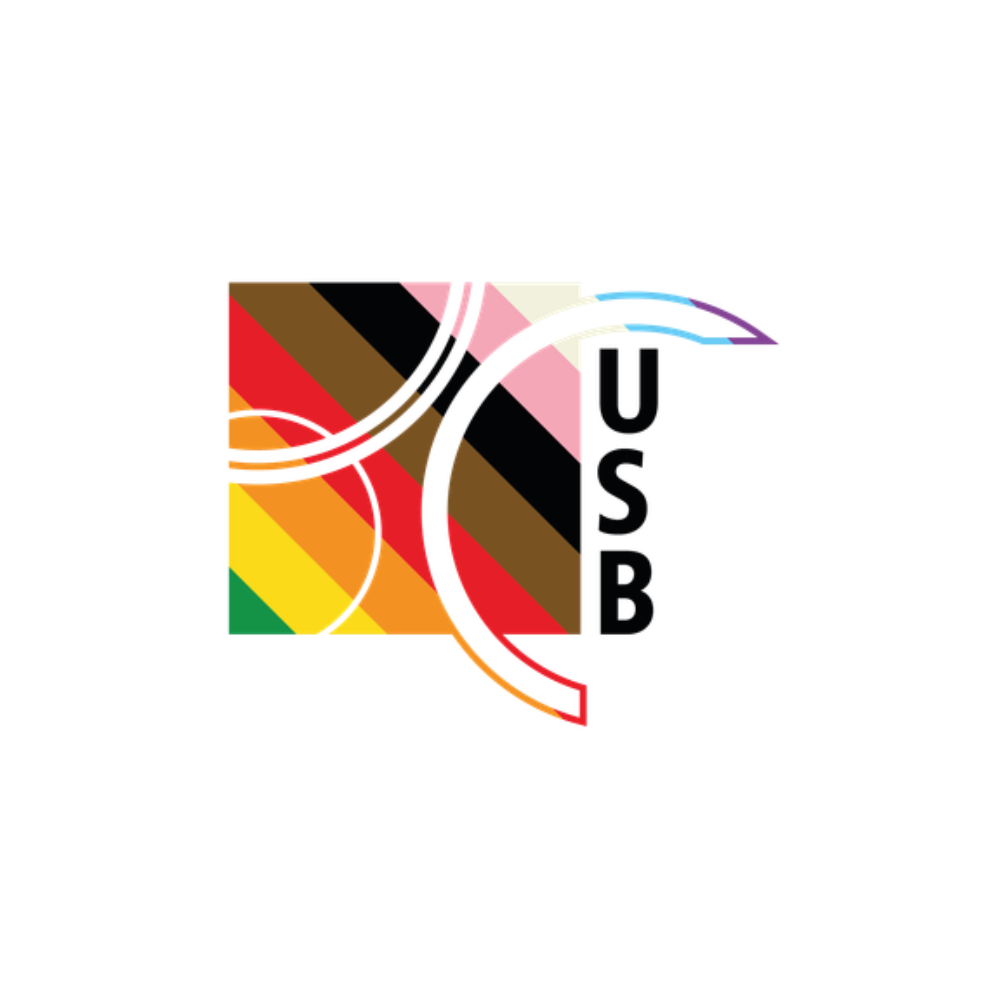Since the 1960s the author and journalist Martin Stankowski has written in and about Cologne. He wrote articles for newspapers and magazines, radio and television, wrote various books and developed stage programmes with well-known artists and cabaret artists. Especially his successful book "Köln. The Alternative City Guide", which has been published in over 10 editions, has contributed to a new view of the city and its history. For and with his work, he has built up a library which, in addition to the standard works on the history of the city, above all contains alternative literature: Small publications of the city's political movements, women's, ecological, peace or social groups, documentaries and protest literature, alternative city guides or party programmes, as well as literary experiments, art programmes and the like. This became possible not only because in the 1970s he was a co-owner of a cooperative printing house that worked for these social movements, but above all because Cologne became a centre of social and cultural protest movements in the old Federal Republic of Germany.
In 2018, the Kölnische Bibliotheksgesellschaft succeeded in acquiring the historian's rich private library. In addition to the focus on Cologne, his books on rare cultural and socio-historical topics expand the USB collection and complement our traditional collection focus on the Rhineland.
Biographical notes on Martin Stankowski
"From truffle pig to mine dog"
Martin Stankowski, born 1944 in Sauerland (Meschede), has lived in Cologne since the late 1960s and worked as a journalist, storyteller, radio author and city guide. Between 1965 and 1972 he studied German language and literature, theology and journalism, became acquainted with the journalistic profession at the "Westfälische Rundschau", the WDR and the ZDF, earned his doctorate in 1974 at the FU Berlin on the left-wing Catholic press, then worked for many years in a self-governing print shop and in the 1970s was one of the co-founders of the "Kölner VolksBlatt", signature: XK2080 of the first alternative newspaper in Cologne.
Since the 1980s Stankowski has worked as a journalist mainly as a radio author for WDR, SDR, NDR and DLF, dealing with cultural-historical and contemporary topics, for example in series for the WDR editorial office "Mosaik" with the cultural history of the saints, the calendar or colloquial idioms; documented for WDR the "Wednesday Talks" of the Cologne station bookseller Gerhard Ludwig from the 1950s and belongs to the determining committee of the "Rheinische Moralfestspiele", which are held once a month as part of the "Funkhausgespräche" in the small broadcast hall of WDR. For the rock music initiative "Arsch hu" he developed a city game for pupils and young people with the title "Fremd in Köln - Fremde in Köln". In addition, it is above all the excursions to Cologne that are a contrast to conventional city tours and have meanwhile contributed to a new view of the city and its history.
Selected books and events (German)
"Köln – Der andere Stadtführer“, Köln: Volksblatt-Verlag, später Kiepenheuer & Witsch. 7. Auflage, 1997. Signaturen: 1K8170-1 und 14A5768-2
"Köln - Der andere Stadtführer - Neustadt, Südstadt, Ringe, Rhein, Deutz", Köln: Volksblatt-Verlag, 1989. Signatur: 14A5768-2
Mit Jürgen Becker "Biotop für Bekloppte". Köln: Volksblatt-Verlag, 1992. Signatur: RhE3
Mit Rainer Pause verfasste und spielt er gemeinsam das Programm "Tod im Rheinland - eine heitere Knochenlese", Neuauflage, Köln: KIWI, 2004. Signatur:19B777
sowie seit 1998 zahlreiche Programm auf einem Rheinschiff wie „Erfolgreiche Scheitern - Revolution im Rheinland“, "Rhein - der Rest ist Ufer", "Der Rheinländer an sich". Zu vielen Produktionen sind entsprechende CD-/bzw. erschienen.
Mit Victor Böll „Heinrich Böll und Köln“. 2. Auflage. Köln: Kiepenheuer & Witsch, 1998.
Bildband "Köln - Ein rheinischer Planet" mit Bildern des Kölner Fotografen Manfred Linke. Köln: Dumont, 1996. Signatur: 12L7032
Anfang 1999 erschien die WDR III-Serie über Alltagsrituale als Publikation unter dem Titel „Einen Türken bauen – Geschichten über Alltagsrituale und Redensarten“ erzählt von Martin Stankowski. Köln: Verlag die Grüne Kraft, 2009.
